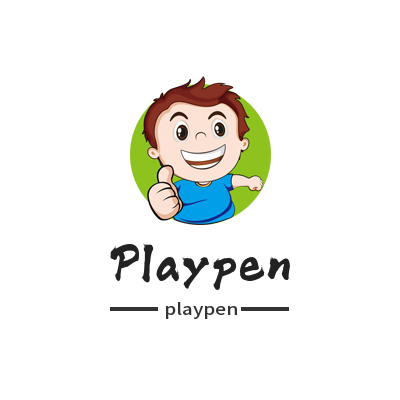Playpens can have some effects on a child's development. Here are some possible effects:
Movement and development: Playpens can limit a child's range of motion, which may have an impact on their movement and physical development. Excessive time in a playpen may limit a child's ability to move and explore, and may have limitations in developing balance, coordination, and muscle strength. Therefore, children still need to have enough free time and space to develop their motor skills.
Exploration and learning: A playpen can provide a relatively safe environment for children, where they can explore and learn independently. However, if a child becomes too attached to a playpen, it may reduce their opportunities to interact and explore the outside environment. Children can learn and develop various skills more comprehensively in a free environment by touching, observing and interacting with others.

Social and Emotional Development: Children in playpens may be limited in their opportunities to interact and socialize with others. They may not be able to interact and play freely with family members or other children, which may have an impact on social and emotional development. Children's interactions with others are an important way to develop social skills, emotional awareness, and relationships, so in addition to time in the playpen, children should have ample opportunities to interact with others.
Overall, while a playpen provides a safe environment, it may also impose some restrictions on a child's development. Therefore, parents should exercise moderation when using playpens and provide their children with adequate free time and opportunities to promote their overall physical, cognitive, social and emotional development.

